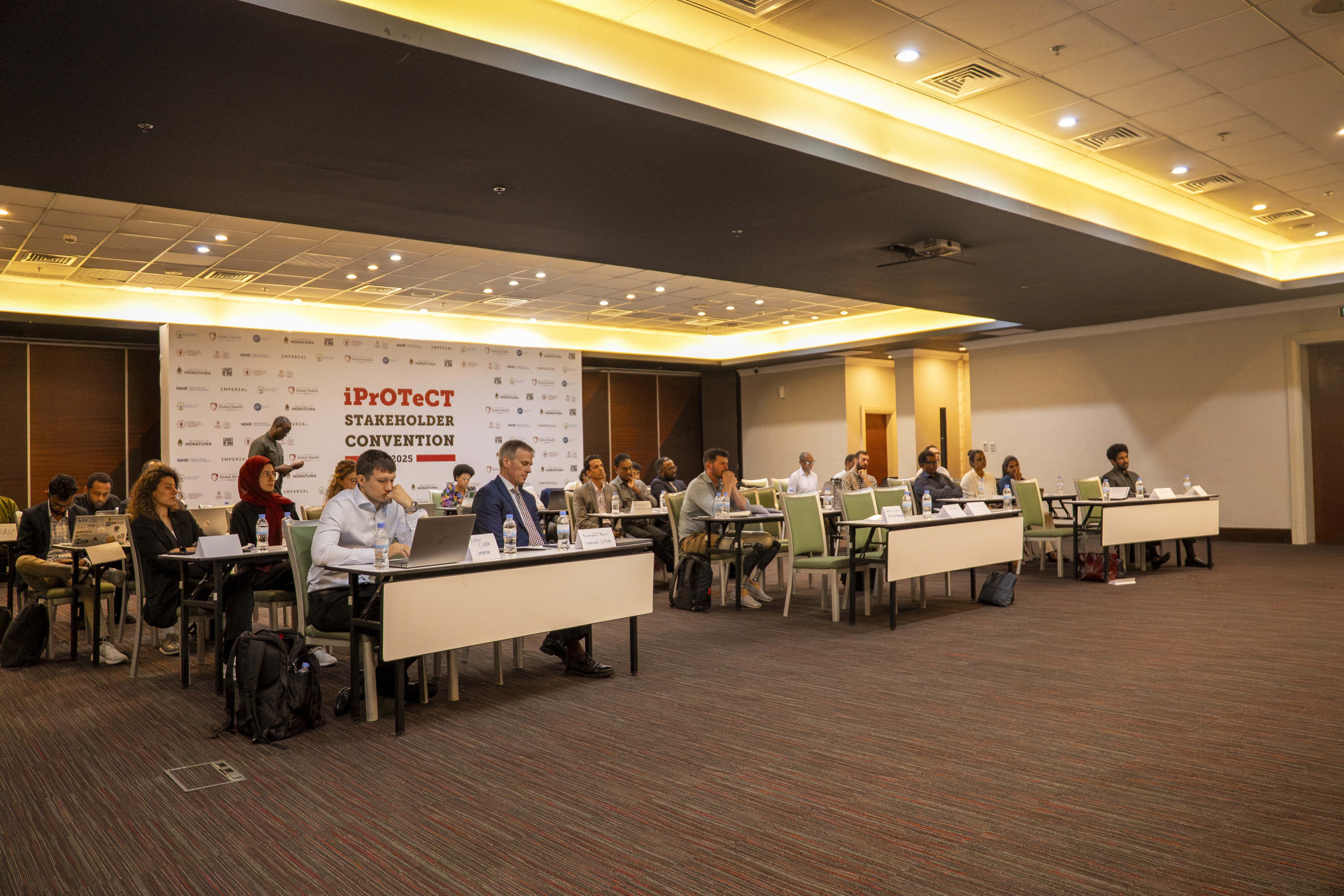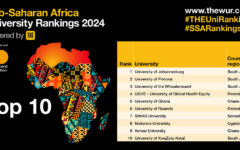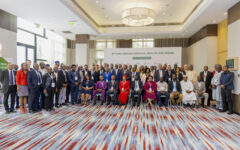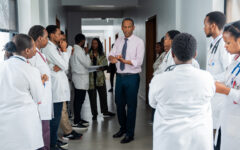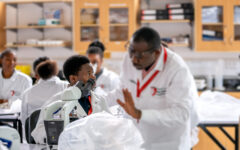Transforming Trauma Care: How iPrOTeCT is Shaping Global Health Equity
June 11, 2025 2025-06-11 15:46Transforming Trauma Care: How iPrOTeCT is Shaping Global Health Equity
Every year, injuries kill 4.4 million people worldwide – nearly 8% of all deaths globally. Behind these statistics lies a deeper crisis: countless survivors living with trauma that extends far beyond physical wounds into economic hardship and social isolation.
This reality drove researchers at UGHE to fundamentally reimagine trauma care through iPrOTeCT – the Injury and Post-Conflict Trauma initiative that’s reshaping global recovery approaches.
Beyond Emergency Rooms: A Systems Revolution
Traditional trauma care ends at hospital discharge. iPrOTeCT begins there.
UGHE and Imperial College London lead this initiative, in collaboration with the University of Rwanda, the University of Moratuwa, and the American University of Beirut. It focuses on trauma recovery, recognizing that healing does not involve just medical care, but also social and economic support. The project works on community-driven solutions to tackle challenges in Rwanda, the UK, Lebanon, and Sri Lanka.
The Three-Pillar Strategy
- Mapping the Invisible Burden: While traditional surveillance tracks deaths and admissions, iPrOTeCT measures the broader impact of trauma, lost productivity, disrupted education, and weakened community resilience. This data highlights trauma’s true cost, helping policymakers design better interventions.
- Technology with Purpose: Instead of importing solutions, iPrOTeCT develops technology with local communities. Recent innovations include prosthetics designed with amputees and surgical tools optimized for low-resource settings, ensuring sustainability and cultural fit.
- Capacity as Infrastructure: iPrOTeCT treats capacity building as essential infrastructure, strengthening research, policy, and care delivery across partner countries to create adaptable, resilient networks. Community at the Center.
What distinguishes iPrOTeCT is positioning affected communities as co-designers, not beneficiaries. At the recent Kigali stakeholder convention, trauma survivors worked alongside biomedical engineers, while policymakers learned from disability advocates.
When survivors help design rehabilitation technologies, innovations reflect actual user needs. When advocates shape research priorities, studies focus on outcomes that matter to patients’ long-term quality of life.
The Rwanda Model
Rwanda’s strategic selection as a central hub leverages the country’s post-genocide health system rebuilding experience. The partnership network spans the University of Rwanda, Rwanda Biomedical Centre, the Ministry of Health, and crucially, disability advocacy organizations.
This integrated approach embeds iPrOTeCT within existing institutions, ensuring innovations become permanent fixtures, rather than temporary interventions dependent on external funding.
Global Impact
For policymakers, iPrOTeCT demonstrates how health investments simultaneously address humanitarian needs and development goals. By connecting trauma care to economic productivity and social cohesion, the initiative positions trauma care as development policy, not just emergency response.
Early indicators show enhanced rehabilitation outcomes, reduced long-term disability rates, and improved community resilience. More significantly, the model influences how international donors and governments approach complex health challenges beyond trauma care.
The Future of Global Health
iPrOTeCT’s most significant contribution may be proving global health equity is achievable when we reimagine our approaches. By moving beyond charity models toward genuine partnership and systems change, it offers a roadmap for addressing pressing health inequities.
As Professor Bull notes, “We’re demonstrating how global health can work when communities lead, and institutions follow.”
For the 4.4 million lives lost to injury annually and countless survivors living with lasting trauma, iPrOTeCT represents hope grounded in evidence, innovation guided by community wisdom, and recovery that means more than survival.

